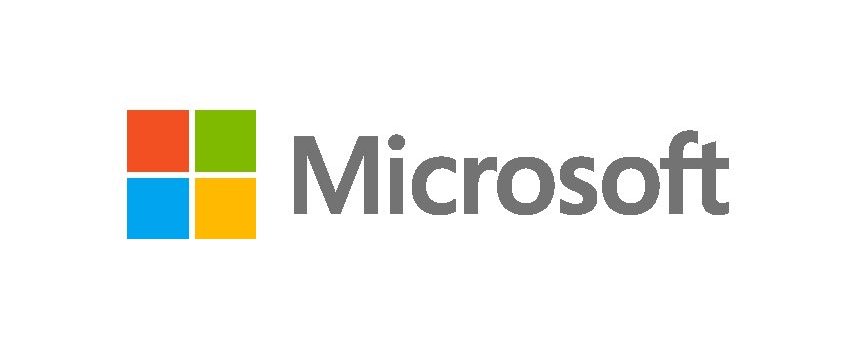
In April 2020, we were delighted to announce our partnership with Microsoft – designed to advance the cause of open, trustworthy data sharing and collaboration, such that any organisation of any size can more easily collaborate around data and realise its benefits – as part of Microsoft’s wider Open Data Campaign.
To achieve this goal, we embarked on a three-year programme of work to:
- Support Microsoft to publish open data and run an Education Open Data Challenge to encourage its use.
- Identify and support three data collaborations to tackle pressing climate issues.
- Run peer learning networks that provide data collaborations with guidance, funding and other support.
- Provide support to other data collaborations initiated by Microsoft as part of its Open Data Campaign.
In this blog post, we explore what we’ve achieved in the first year of our partnership.
Education Open Data Challenge
As part of our partnership, we worked with Microsoft to identify datasets that could be made openly available for others to access, use and share. We identified and helped to publish:
- broadband usage data from across the United States (US), derived from anonymised data collected by Microsoft as part of its ongoing work to improve the performance and security of the company’s software and services.
- broadband terrestrial provider data collected by BroadbandNow, which includes the coverage of different terrestrial providers, speeds and prices, and information about the population of school-aged kids by US district.
At the ODI Summit in November 2020, we launched the Education Open Data Challenge to incentivise use of this new open data to better understand the relationship between broadband access and education during the Covid-19 pandemic.
As part of the Challenge, we curated other datasets published by organisations like UNESCO and the World Bank that would help participants develop their innovative new visualisations, analyses and insights. We also ran webinars to provide technical guidance on how to use the data.
We’ve been delighted by the enthusiasm around this data challenge – the Challenge received 101 pre-registrations, 32 registered teams and 13 proposals from around the world. In May, our expert judging panel will decide the top three uses of the data, and a £100k prize fund will be divided between non-profit organisations of the winning teams’ choice.
New climate data collaborations
In the last year, we have also started our work to support data collaborations that will help tackle pressing climate issues. We began this work by speaking to experts at Microsoft and other relevant organisations to understand what the most pressing climate issues are and the role data can play in helping to address them.
From this, we created a longlist of areas where we saw opportunities to accelerate progress by increasing collaboration around data. Together with Microsoft, we prioritised six of these areas to conduct further research into, and invited contributions from our community. We then worked with domain experts to carry out deeper research into these areas, and published a short paper to share our findings: ‘Accelerating progress on tackling the climate crisis through data collaboration’.
This research gave us a grounding in these climate issues and put us in contact with many expert stakeholders. Now, we are determined to provide support to new data collaborations in three of these areas. We expect to provide guidance on issues such as:
- understanding data ecosystems and developing ‘intervention logic’.
- designing open, participative development processes for data standards.
- pursuing sustainability without restricting access to data.
We plan to announce the first data collaboration we will support in the next couple of weeks.
Peer learning network
We committed to running a peer learning network with the goal of providing guidance, funding and other support to emerging data collaborations.
In October 2020, we published an open call and ran a webinar to introduce the network, and subsequently received applications from Ecuador, Argentina, Norway, UK, India and China. We were excited to accept six data collaborations from across transport, health and other sectors to participate in the network.
We’ve since delivered expert workshops on data ecosystems, trust and confidential computing; provided mentorship to the data collaborations; supported the data collaborations to network with each other; and encouraged them to share their learnings in public blog posts.
Facilitating an international peer learning network has had its challenges – especially finding the right ways to support participants to communicate with and learn from one another. However, we’ve received positive feedback from participants that the experience has been valuable, and that it has helped them to think about and design their data collaborations in their early stages.
We’ll continue to support our first cohort over the next couple of months. In September 2021, we will launch an open call for a second cohort to extend the opportunity to more data collaborations.
Supporting other data collaborations
As part of its Open Data Campaign, Microsoft committed to helping launch 20 new data collaborations by 2022.
We’ve been pleased to support some of these collaborations, including:
- providing advice on data publishing to the Microsoft team working with The Alan Turing Institute, the Greater London Authority and Kainos to develop an air quality dashboard for London.
- contributing to a Microsoft policy project to explore and document examples of data sharing in Asia.
We’ve built a pipeline of further potential data collaborations to support, and are looking forward to using some of the new tools we’ve developed as part of our R&D programme to do so. In our second year, we’ll also publish case studies and other learnings on data collaborations to help people, communities and organisations that are working on similar projects.
We’ll continue to share updates on our partnership as it progresses. If you have questions or ideas regarding this work, or would like to discuss it further, then please email [email protected].